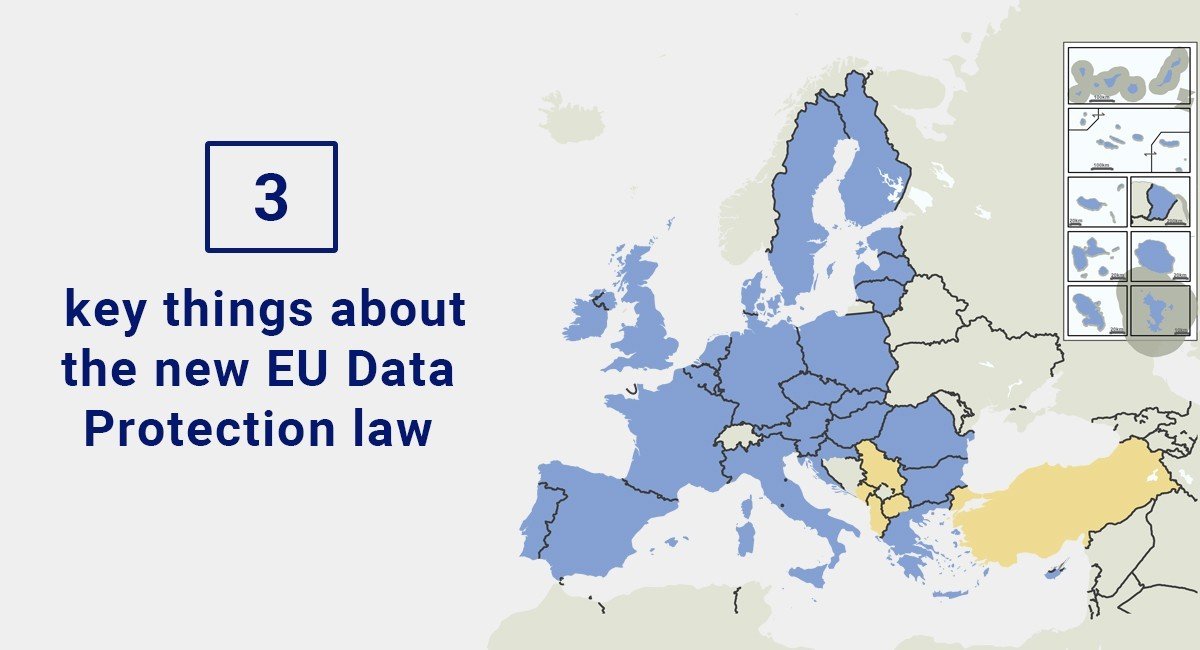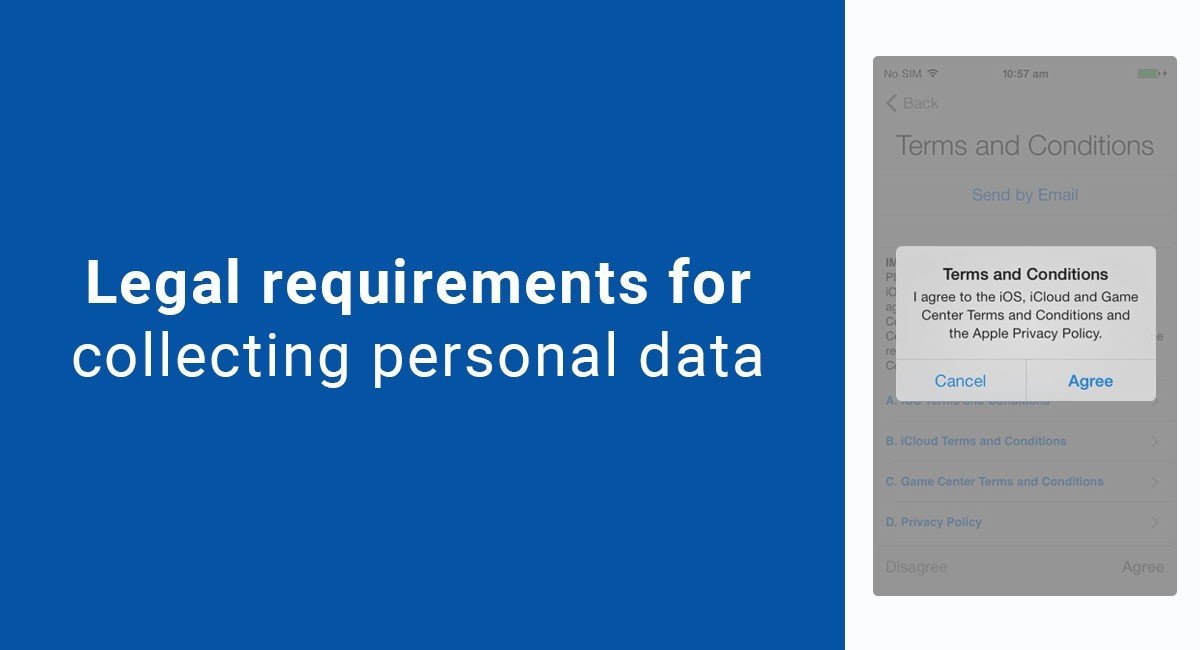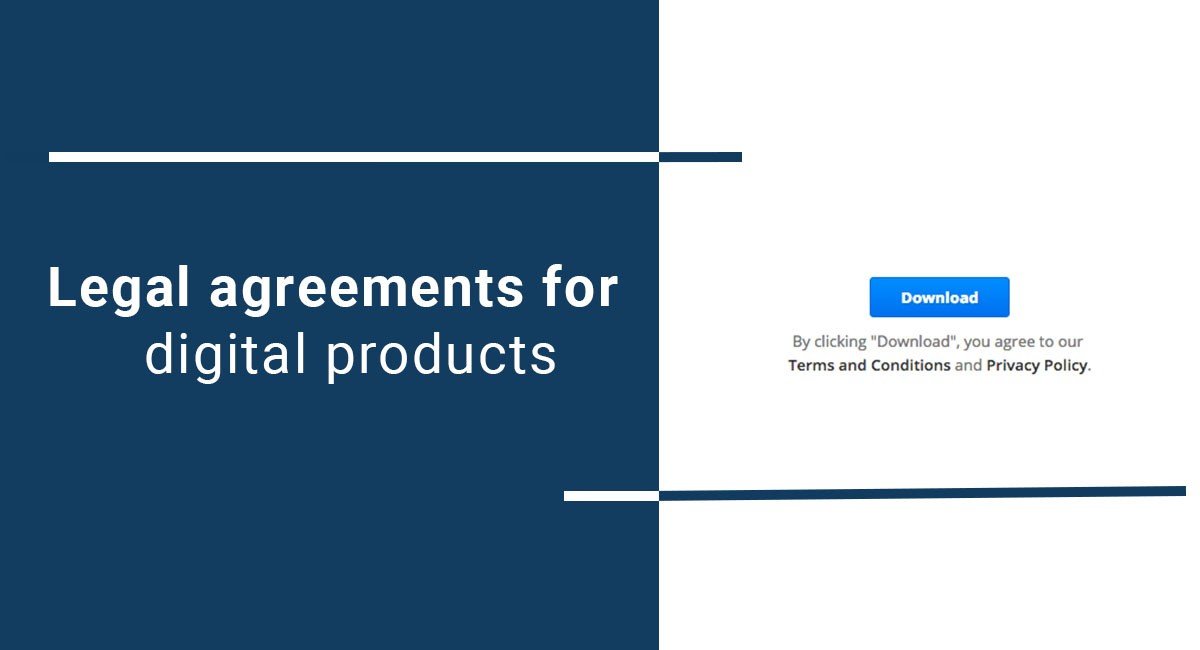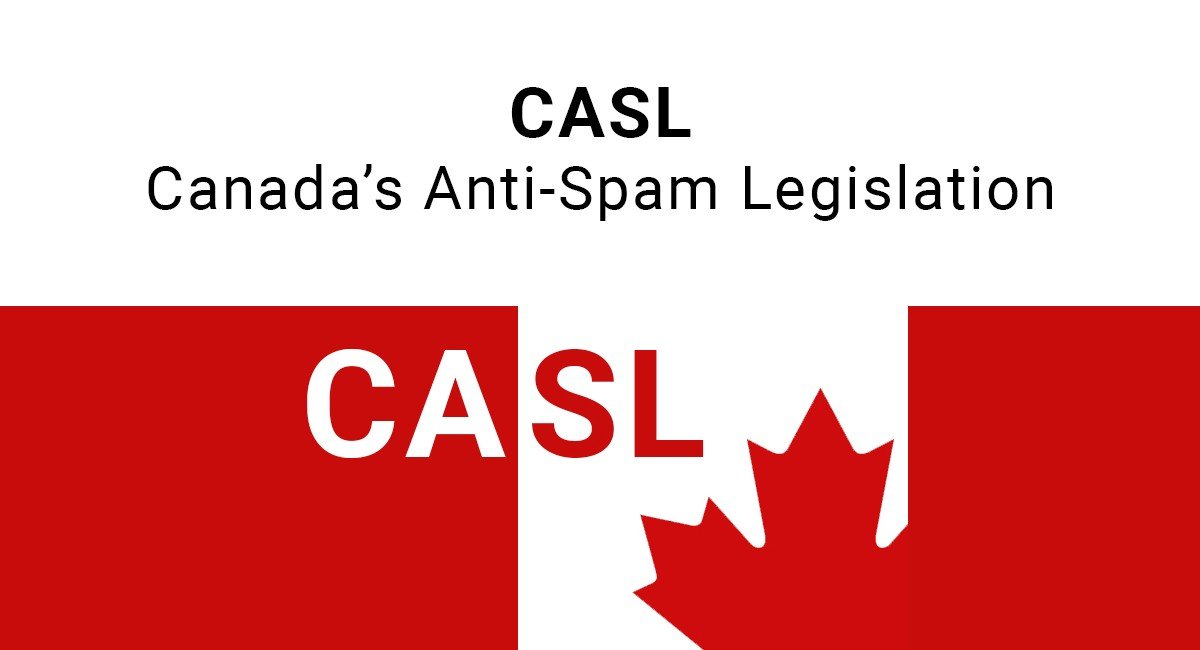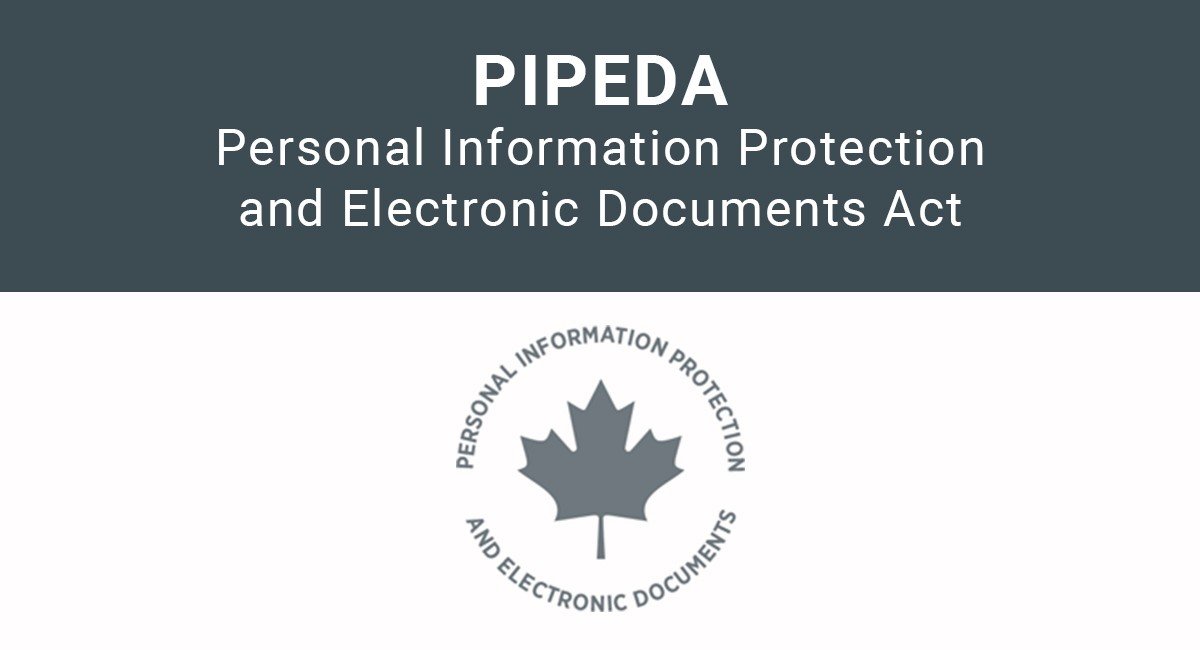Blog: Legal Requirements
Page 12
Navigate
-
EULA
-
Mobile Apps
-
COPPA
-
Cookies Policy
-
Disclaimers
-
SaaS
-
Privacy Policy
-
CCPA
-
Acceptable Use Policy
-
Return Policy
-
Uncategorized
-
Ecommerce
-
Legal Requirements
-
GDPR
-
Terms & Conditions
-
UK Data Protection Act
-
Test parent
- Test chield
- Test child 2 - is editing possible? probably not :(
-
European Union - Parent
- EU GDPR - child
-
Test 03
-
Test Idea
-
Test of category - renamed
-
test for V3
3 key things about the new EU Data Protection law
Some form of EU data protection law has been in force since the mid-90s, but the legislation continues to grow and develop to meet the changing pressures and challenges that come with technology and its increasing reach into the lives of individuals. As a startup, business owner, or e-commerce store operator,...
Legal requirements for collecting personal data
Once you've collected a good portion of user data, you are no doubt planning your next steps for using the data to give your business a marketing boost. Before you dive in, it's important to consider whether you've taken the appropriate legal steps to protect yourself and your business when you...
Legal agreements for digital products
Digital products have a number of special characteristics that need to be taken into consideration when you're selling them to your customers. A digital product - such as a song download or an app download - cannot be returned. And many digital products (or digital apps) allow interaction between users and...
CASL: Canada's Anti-Spam Legislation
Canada's Anti-Spam Legislation (CASL) is not to be taken lightly. Recent investigations and subsequently discovered violations are helping define what is required of businesses for them to be legally compliant with CASL, and what businesses should and should not do when it comes to communications with their users. The first violator of...
PIPEDA: Personal Information Protection and Electronic Documents Act
In June of 2015, the Digital Privacy Act (DPA) received Royal Assent and officially became law in Canada. The Digital Privacy Act modernizes the private sector privacy laws by amending the Personal Information Protection and Electronic Documents Act (PIPEDA). This will better protect Canadian citizens' personal information when doing activities online,...
Can EU startups use US-based cloud platforms?
Cloud storage providers are becoming increasingly in demand, with companies like Dropbox growing at a fast pace. There are providers available around the world, with some in more reputable countries than others. The EU, however, has some relatively strict rules around what countries data is able to be stored in — and those...
